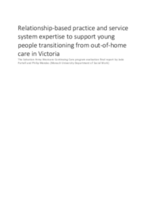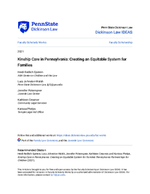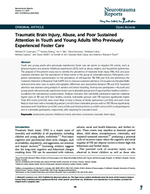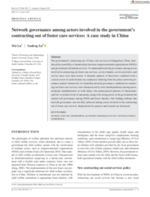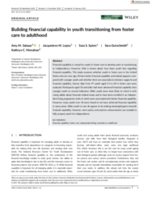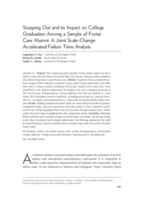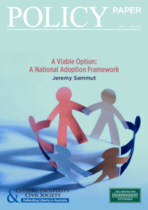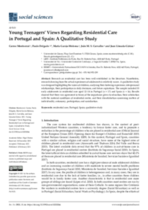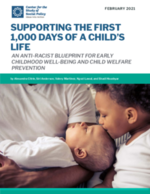Relationship-based practice and service system expertise to support young people transitioning from out-of-home care in Victoria: The Salvation Army Westcare Continuing Care program evaluation final report
This is the final report of the evaluation of the Salvation Army Westcare Continuing Care Program, which aimed to provide relationship-based support to assist the planning, preparation and support needs of young people during their transition from out-of-home care (OOHC) to independent living.

